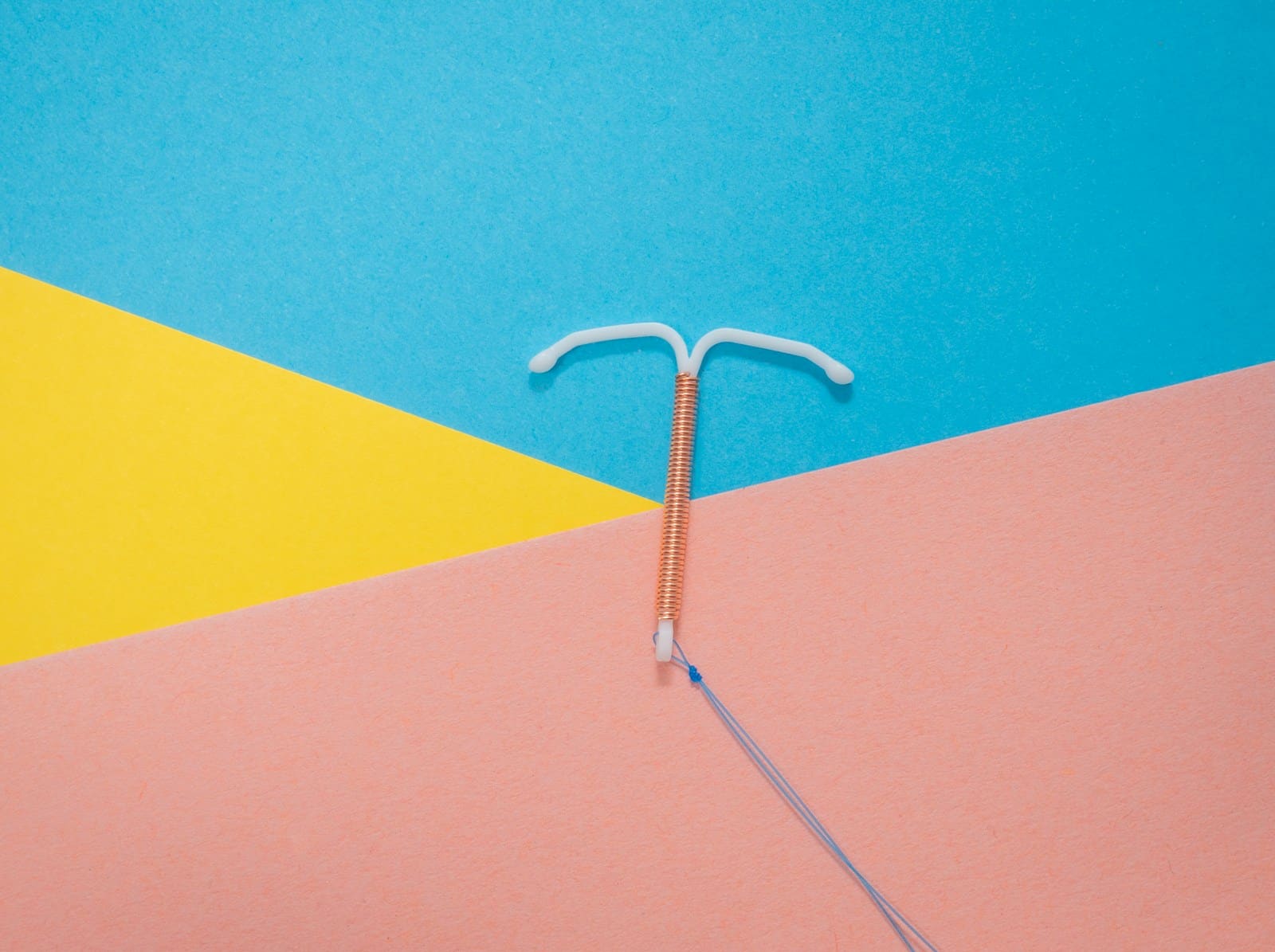Research into female hormones has been fairly slow and underfunded so misconceptions stay mostly unchallenged. In fact, women of child-bearing age were excluded from clinical research for decades. This was because their changing hormone levels over the month were thought to make them unsuitable research participants.
Men’s bodies have been thought of as the ‘default sex’ historically and women have only had to be included in clinical research by law since 1993 . Yes, you did read that right. That was the year that also gave us the movies: The Nightmare Before Christmas, Hot Shots, Groundhog Day, Sister Act 2 and Sleepless in Seattle.
For lots of us, understanding what hormones actually do can be confusing.
Sure, they’re chemical messengers, but what does that actually mean? When we are talking about sex hormones everybody has them and while they don’t necessarily make us crazy or irrational in the ways that people often say, they can give us a nudge in that direction when we are experiencing fluctuating levels during our cycle.
Here are 5 common myths about hormones and female health.







